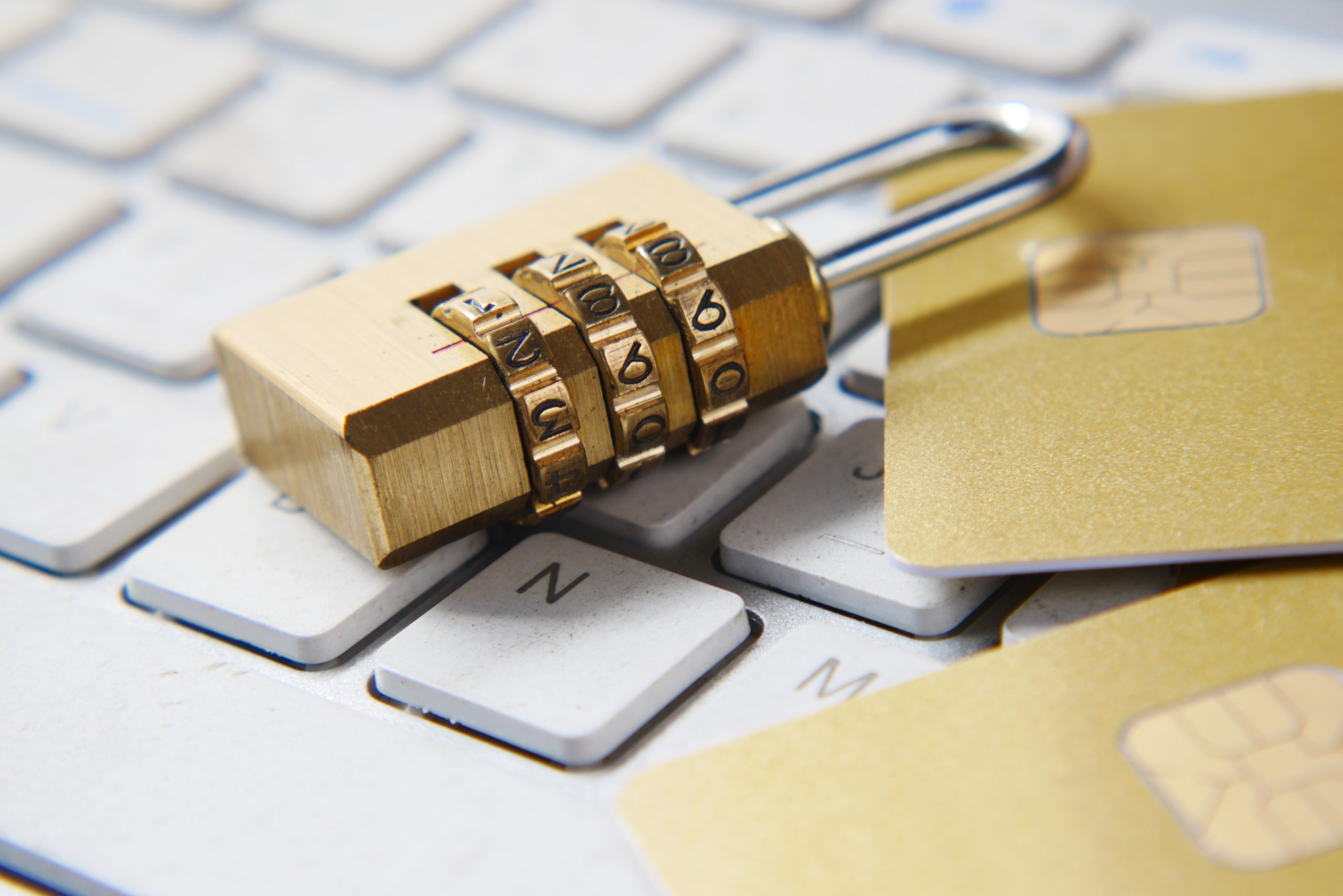Website security is a concern for businesses and individual webmasters alike. You need to know that your website is as protected as it can ever be against the various cybersecurity threats that exist and you also need to make sure you have the right policies in place to get your website up and running again in the event of an attack.
Use a Dependable Web Hosting Service

A great way to ensure your website is safe and secure is to turn to a reliable web hosting service provider with a proven track record of success. In addition to looking for the obvious features, such as price, storage space and average full-page loading times, you should specifically focus on the security features included and the support on offer.
It is especially crucial to find a web hosting service that offers an SSL certificate, which helps to authenticate the identity of your website and enables your visitors to benefit from a secure encrypted connection. Your SSL certificate is what allows your website to use HTTPS instead of the unencrypted and less secure HTTP standard.
Additionally, the best service providers will offer protection against DDoS attacks and support for regular backups.
Follow Cybersecurity Best Practices
Next, you need to follow cybersecurity best practices and ensure that anyone else with administrative access to your website does the same. In particular, you need to:
- Set up multi-factor authentication for logins
- Make sure you regularly install software updates
- Provide cybersecurity awareness training for employees
- Encrypt sensitive data in transit and at rest
Ideally, multi-factor authentication should use authenticator codes as the second authentication factor, rather than codes sent by email or SMS. It is also important to provide regular training to anyone with admin access to your website. No matter how robust your security is, one mistake from someone with admin access could compromise your data.
Ensure You Have a Data Recovery Plan
Finally, if the worst happens and you experience a cyber attack that circumvents your security measures, you need to make sure you have a plan in place to recover data and get your website back up and running.
Continually backing up your data is a must and modern technology provides plenty of options for this. Your chosen website hosting service should ideally offer their own backup plan, but you can also take steps to back up data yourself. Copies of data should also be stored in multiple locations to avoid having a single point of failure. It may also be worth exploring the option of backing up data using cloud storage solutions.
Once you have a backup policy in place, stick to it at all costs. Backing up your data regularly and storing this data in multiple locations will ensure you can quickly and easily retrieve data and get your website back online.
Conclusion

The first step to boosting website security is to choose a reliable web host with a proven track record. Your host should offer SSL certificates, data backups and protection against common threats, like DDoS attacks. However, you also need to adopt security best practices, such as using multi-factor authentication and providing security awareness training.




Comments (No)